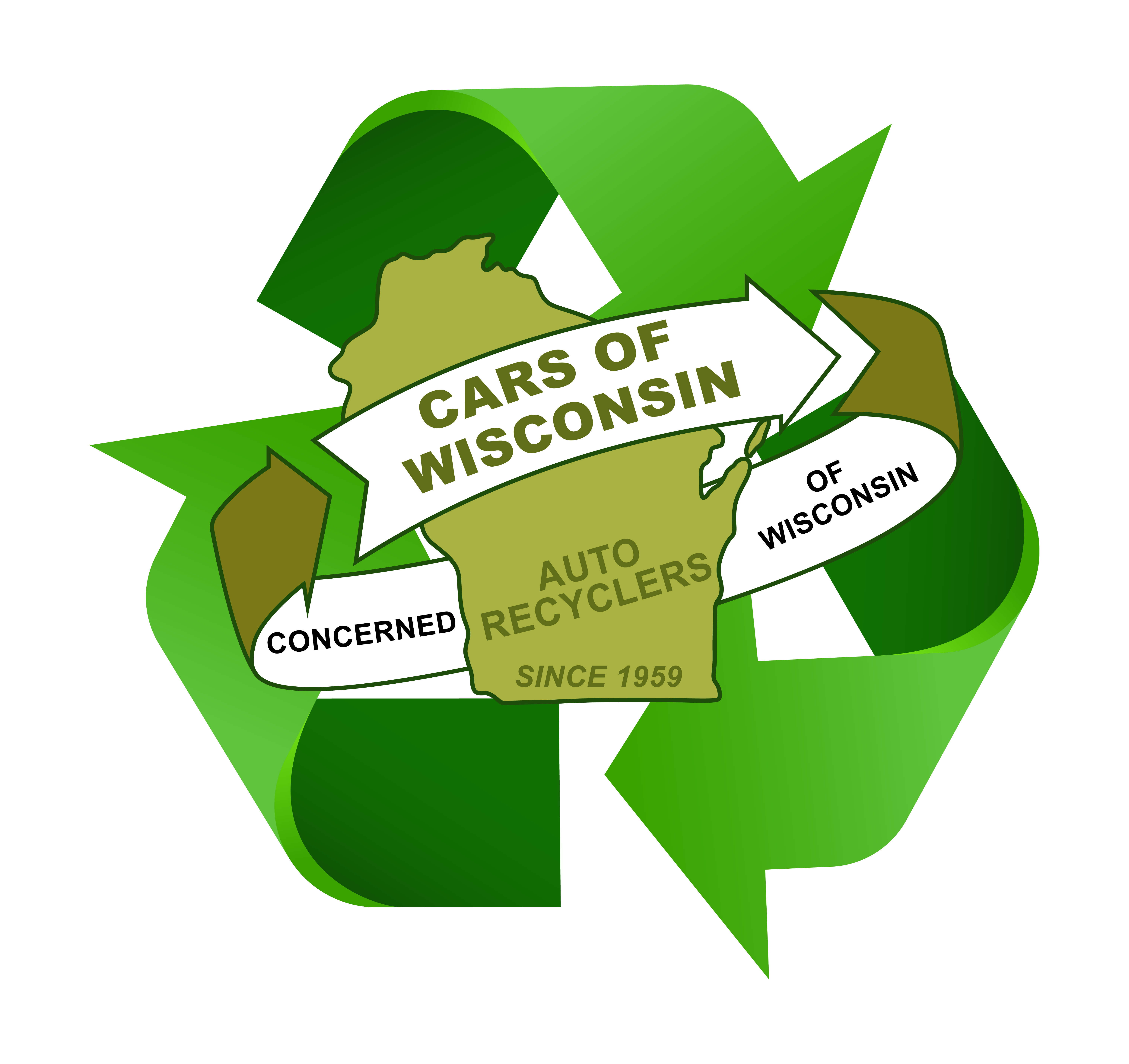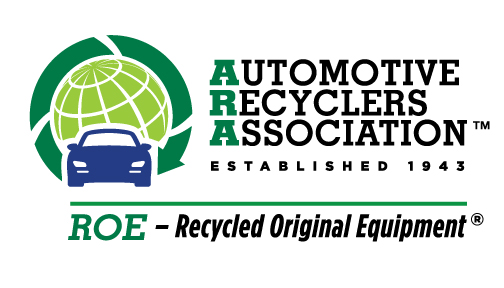Introducing Enviro-Nav: New DNR Tool Helps Businesses Navigate Environmental Requirements
March 2, 2026 - Wisconsin Department of Natural Resources Sustainability and Business Support Program
The Wisconsin Department of Natural Resources' (DNR) Sustainability and Business Support Program (SBS) is excited to announce the launch of Enviro-Nav, the Environmental Responsibility Navigator. The new online tool is designed to make environmental compliance easier for businesses across the state and includes specific information for auto recyclers to understand their environmental obligations.
Enviro-Nav is a go-to, user-friendly resource that guides users through a series of questions about their business operations. No matter if the business is new or expanding or just has compliance questions, Enviro-Nav will summarize potentially applicable environmental regulations based on the users' responses.
Enviro-Nav is a powerful support tool. It covers a full range of environmental topics, including air emissions, water use and discharge and waste management. The tool features specialized content for 18 different sectors and processes, including salvage yards. It can help identify regulatory requirements, improve the clarity of discussions with the DNR and support better decision-making during project planning and permitting. From evaluating facility upgrades, advising on site selection or investigating compliance questions regarding ongoing facility operations, Enviro-Nav can help streamline compliance efforts.
Enviro-Nav is available to all Wisconsin businesses and is an anonymous tool. Those looking for assistance with environmental regulations should review the information in Enviro-Nav to enhance compliance efforts and save time and money.
Explore Enviro-Nav today: Enviro-Nav | Your Guide to Environmental Compliance In Wisconsin Have questions or feedback? Contact the DNR's Small Business Environmental Assistance Program at DNRSmallBusiness@wisconsin.gov or call 855-889-3021. Also, be sure to check out the other Business Resources available from DNR to help businesses wherever they are on your environmental journey.

